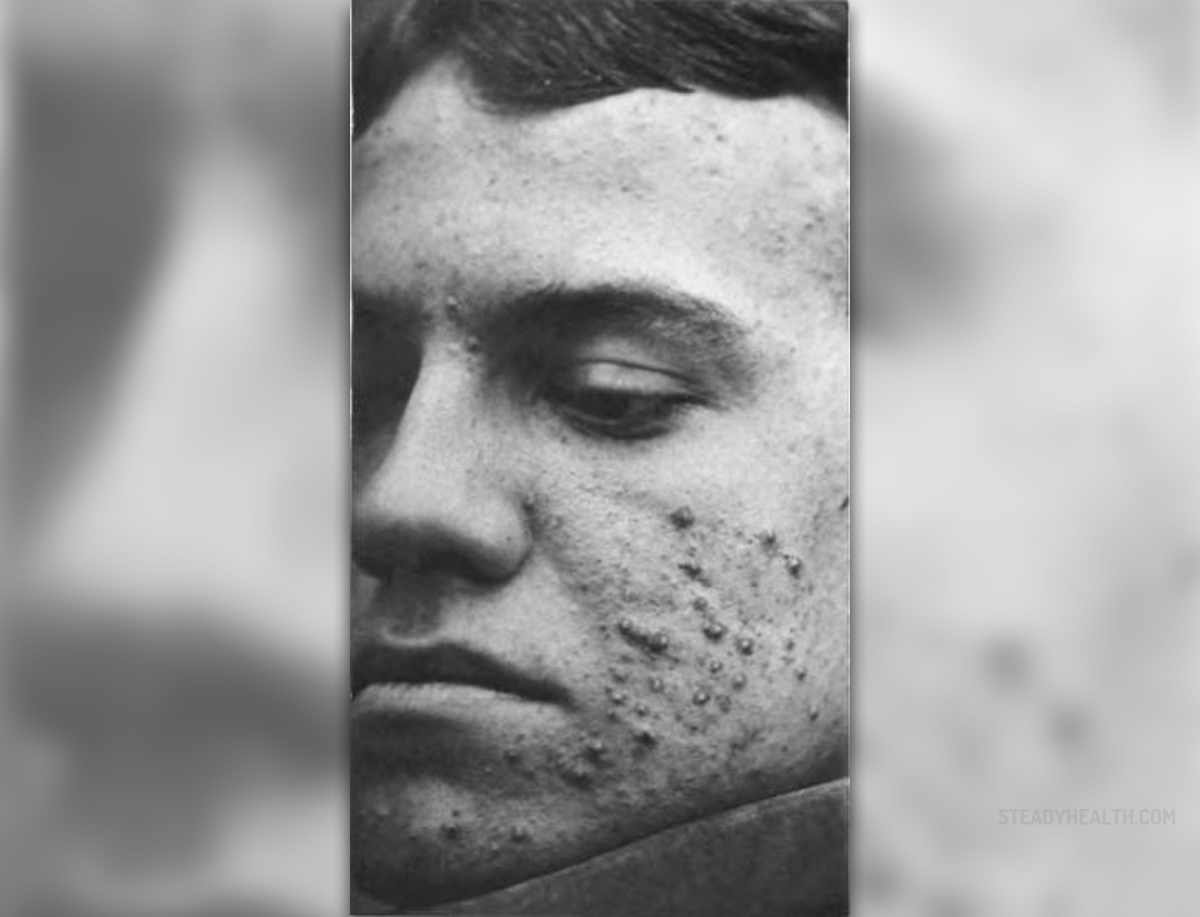
Acne is generally associated with adolescence, but unfortunately this common skin problem is not limited to the teens alone, and it affects many adults as well. The treatment of acne is always a difficult task, and it is far better to learn how to prevent it than to go through the ordeal of coping with it and curing it.
Acne vulgaris
Acne vulgaris is the Latin term for acne, the common skin problem with symptoms that include scaly red skin or seborrhea, comedones or whiteheads and blackheads, papules or pinheads, pustules or pimples, nodules and sometimes scars.
Acne is usually located in the parts of the skin that contain many sebaceous follicles, which means the face, especially the forehead, the skin and the area around the nose, but also shoulders, upper chest and the back.
This skin condition can be inflammatory, in case of severe acne, or non-inflammatory. Whatever their form is, the lesions are caused by abnormalities in skin structures comprised of hair follicles and sebaceous glands associated to them.
Acne is particularly common in adolescence, but sometimes it persists throughout the adulthood.
Proactive approach in the prevention of adult acne
Adults already have to deal with the signs on aging on the skin, and if the skin is also prone to acne, everything becomes even more complicated and frustrating. Fortunately, the nature and the structure of human skin is such that it responds well to positive changes from within, coming particularly from healthy nutrition and adequate fluid intake.
Adopting a healthy lifestyle, with moderate exercise, healthy diet and avoiding pollution and toxins is bound to reflect on the skin, which becomes fresher, smoother and less prone to acne.
A healthy lifestyle alone cannot do much without good skin care. There are certain elements in skin care routine that are necessary to follow and this applies to people of both sexes and all ages.
A proactive skin care regime should consist of cleansing, hydrating, exfoliating and rejuvenation. The skin should be cleansed thoroughly but gently, once or twice a day, and it is especially important to clean it before bedtime. Oily skin is more likely to suffer from acne, and it requires more thorough cleansing.
Exfoliation is just as important as cleansing, although it can be done less frequently, preferably once or twice a week. Exfoliation removes dead skin cells and dirt particles and reduces the chance of bacterial infection that leads to acne.
Skin also needs to be hydrated at all times, and both male and female adults should use moisturizers with antioxidants, such as vitamin C and vitamin A.
If acne do appear, they should be treated as soon as possible with over-the-counter products containing benzoyl peroxide. They should never be squeezed or popped, because that may worsen the problem and possibly lead to scarring.


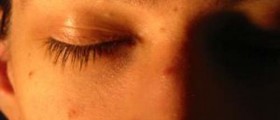




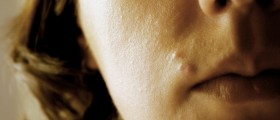
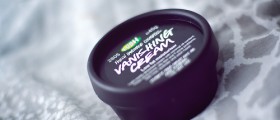
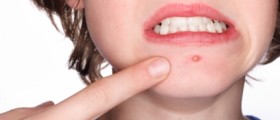

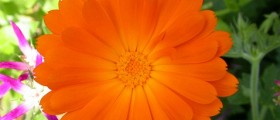



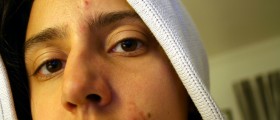

Your thoughts on this
Loading...